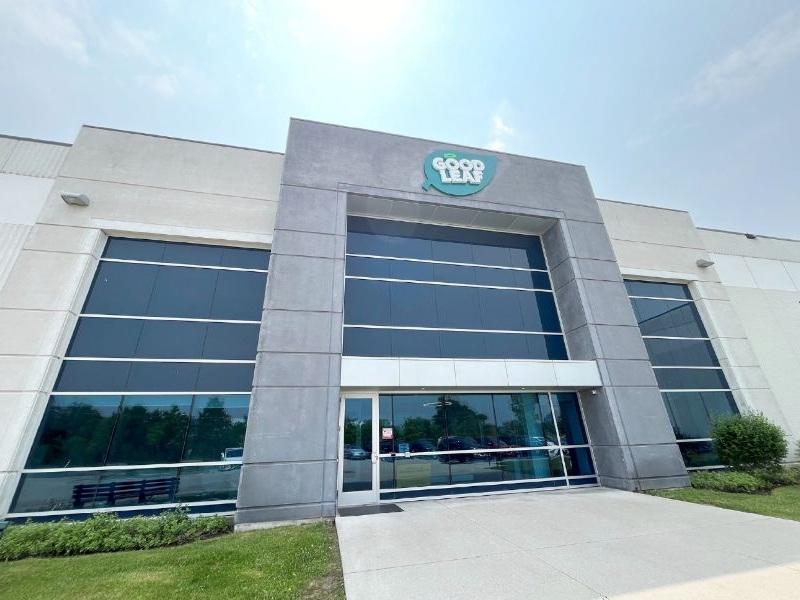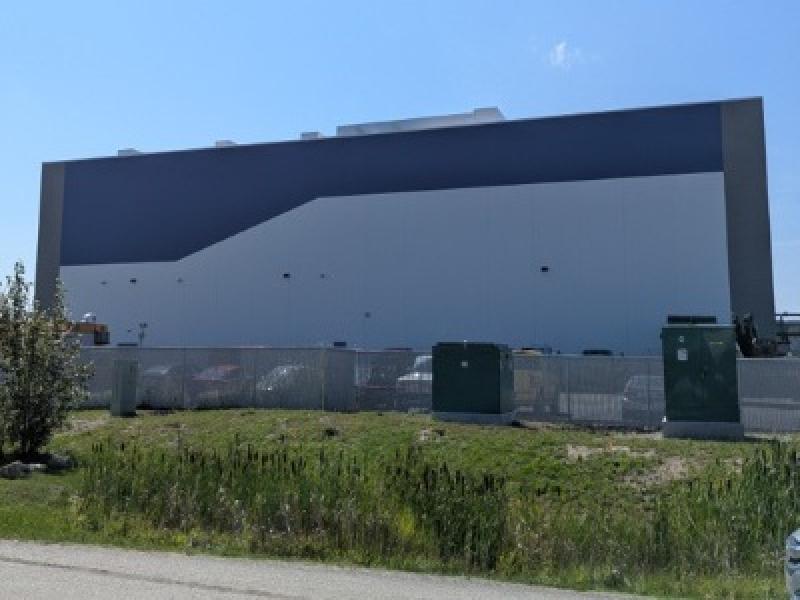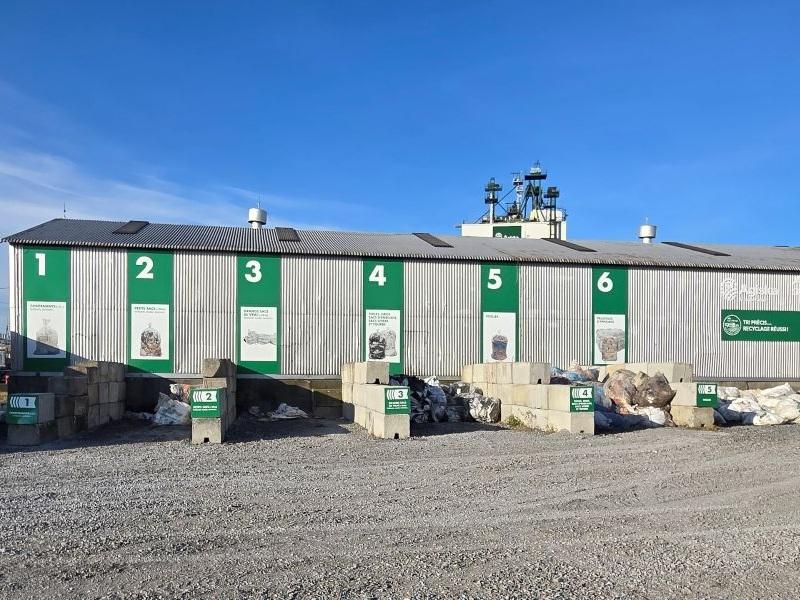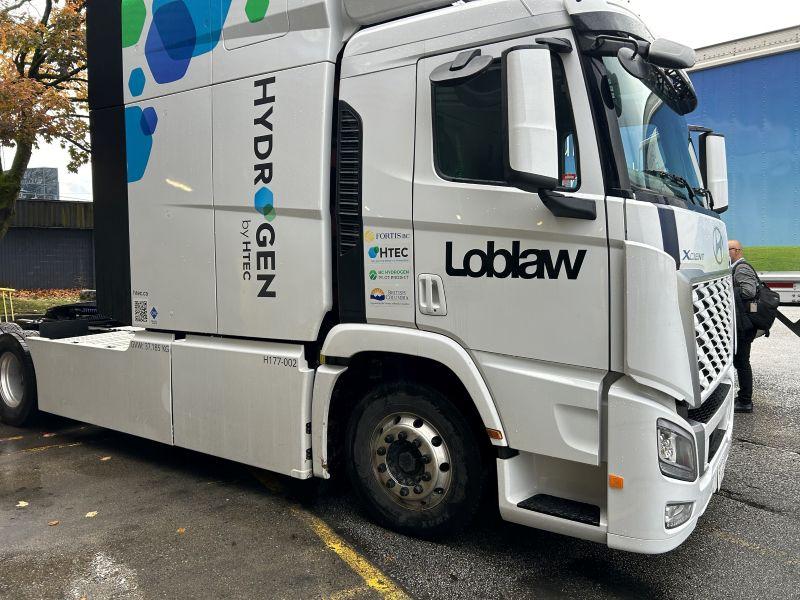
Solar power is one of Canada’s fastest growing energy sources, recording an almost 26 per cent increase in 2022. But the most likely final destination for a solar panel right now is a landfill, presenting a sustainability contradiction.
It is an issue of increasing importance to the industry as it rapidly expands globally. The question of waste could become a major problem when a large number of solar panels are retired. Canada could create 800,000 tonnes of expired solar panel waste by 2050, according to the International Renewable Energy Agency.
Recycling is offered as a solution, but recycling rates for solar panels are low and uncertainties about the toxic materials contained in the panels have led to apprehension.
To counter what he calls myths and misinformation about solar panels, Carson Fong, a program manager at the Calgary-based non-profit Business Renewables Centre Canada, argues that solar panels are relatively safe and highlights the Canadian innovators attempting to find the best ways to recycle them.
“There is a real potential to do some of this recycling locally,” Fong said in an interview with Sustainable Biz Canada. “Economic and environmental drivers can create some of this locally in Canada. Folks shouldn’t be concerned about this looming landfill issue with solar panels that you often hear about, because there’s real economic incentive and players involved now to make some of this recycling a reality.”
A circular economy for solar panels
One risk identified for solar panel recycling is the presence of hazardous metals. The U.S. Environmental Protection Agency lists lead and cadmium as common metals in the semiconductors and solder. Those toxins could leach out into the environment, posing a threat to health and ecosystems.
Fong thinks otherwise.
He cites research from the National Renewable Energy Laboratory that found almost 100 per cent of the global solar panel market contains crystalline silicon or cadmium telluride panels, not the commonly-referenced arsenic, gallium and germanium. Trace amounts of lead do exist, however, which he said cannot be overlooked.
When compared to coal, the solid waste per megawatt-hour produced by solar energy is over 50 times lower, according to another study cited by Fong.
But recycling rates for solar panels are a problem. Approximately 90 per cent of end-of-life solar panels are trashed and not broken down for reuse.
Fong said it does not have to be this way.
“A lot of the efforts right now in taking in the solar panels after they’ve been used on the grid is repurposing them,” he said. “A lot of the time they’re taken off the solar farm not because they’re broken, but because developers are repowering their farms, replacing the modules with newer, more efficient, more productive modules.”
Solar panels can be redeployed and reused without ending up in a landfill. The Alberta Recycling Management Authority (ARMA) collects solar panels for free and tests their performance. Even panels that are not working optimally can be sent to municipalities or community members for reuse, such as in ice fishing huts, where needs are less demanding.
Pushing for local recycling
If reuse is not possible, recycling is another option. Up to 90 per cent of the mass of a solar panel – such as the metals and glass – can be recycled, according to the Canadian Renewable Energy Association. Fong said recycling not only combats the amount of waste, it also reduces the cost of solar panels.
Yet recycling rates are low. Fong said it is an issue of time and infrastructure.
“The rise of solar energy has been a relatively recent phenomenon and not enough time has passed for a lot of these panels now to come off, and reuse panels for a second life or end-of-life use cases. It’s all very new.”
The Canadian solar panel recycling infrastructure is in its infancy. ARMA accepts solar panels for free and sends them to be recycled in the U.S. Toronto-based EDF Renewables has partnered with SOLARCYCLE in Texas and Arizona for recycling – exposing the limitations in Canada.
But there are emerging players. Sunset Renewables in Alberta is seeking to create a secondary market for solar panels and a circular economy centre.
“There is an opportunity to build some of that capability locally, and that way you don’t have to spend on transportation costs to get these panels recycled,” Fong said.
Fears of mountains of outdated solar panels should be dispelled, Fong said, confident the industry will continue efforts to address the issue. Research to maximize efficiency will also reduce the amount of critical minerals and lead per panel, resulting in less waste, he predicts.










